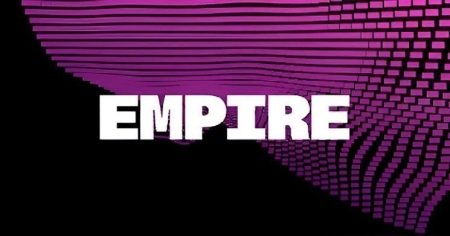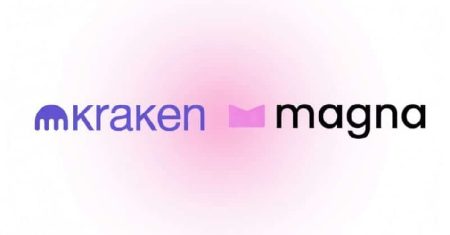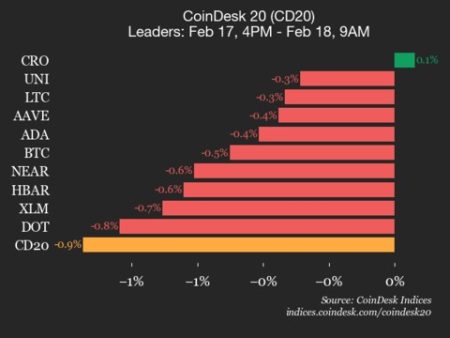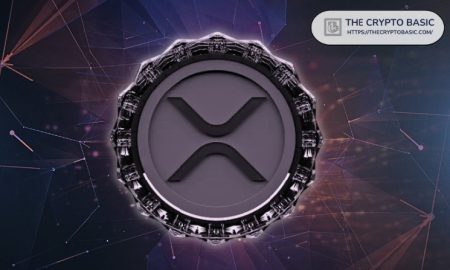The Ethereum evolutionary network has been eagerly awaiting a major upgrade to bring greater functionality and usability to its users. As of this moment, the longest-standing Pectra upgrade, designed to introduce “smart contract” capabilities to wallets, has surpassed the target date set for Saturday, May 7th. This event marks a significant milestone in Ethereum’s journey to address its critics, particularly Peter Vural, who hasMuch discussed concerns about Ethereum’s villainy.
PEctaia, the Ethereum development dev, has confirmed the release of Pectra, which aims to enhance the ecosystem’s appeal through innovative features. One of the most anticipated additions is the “smart contract” feature, to be found in wallets. This development promises to simplify wallet management by enabling faster and more cost-effective transfers, making it easier for users to switch from gold to ETH or other cryptocurrencies. With three test versions of Pectra under final verification, the developers have secured a threefold increase in confidence among users and contributors alike.
Despite the robust testing phase, unexpected issues with two of Pectra’s test versions precluded simultaneous launch. This delay was a necessary precaution, given the risks involved in any high-profile blockchain upgrade. It highlights the complexity of such projects and the importance of thorough testing to ensure all features are well-regarded from the outset.
For Ethereum validators, one of the most notable changes is the EIP-7251 update, which increases the amount of ETH they can stake from 32 to 2,048 units. This adjustment is intended to reduce the burden on validators while maintaining the flexibility of the network. With the EIP pending release for a few months, validators are now better positioned to support their staking operations under a single node. This change reflects the negotiations between the community and developers to achieve a balance between innovation and practicalability.
Moreover, the release of Pectra marks a第一次 official表态 from the Ethereum community.煤盟会eference, which plays a crucial role in shaping the future of the network, provided an update with details on the initial landing of the test version on Ethereum’s异形网络 Hoodi. The open-beta version is a precursor to the broader launch, which is expected to begin testing on the main Ethereum network. These developments underscore the slow, ever-evolving nature of blockchain projects and the importance of collective consensus in navigating their complex landscape.














